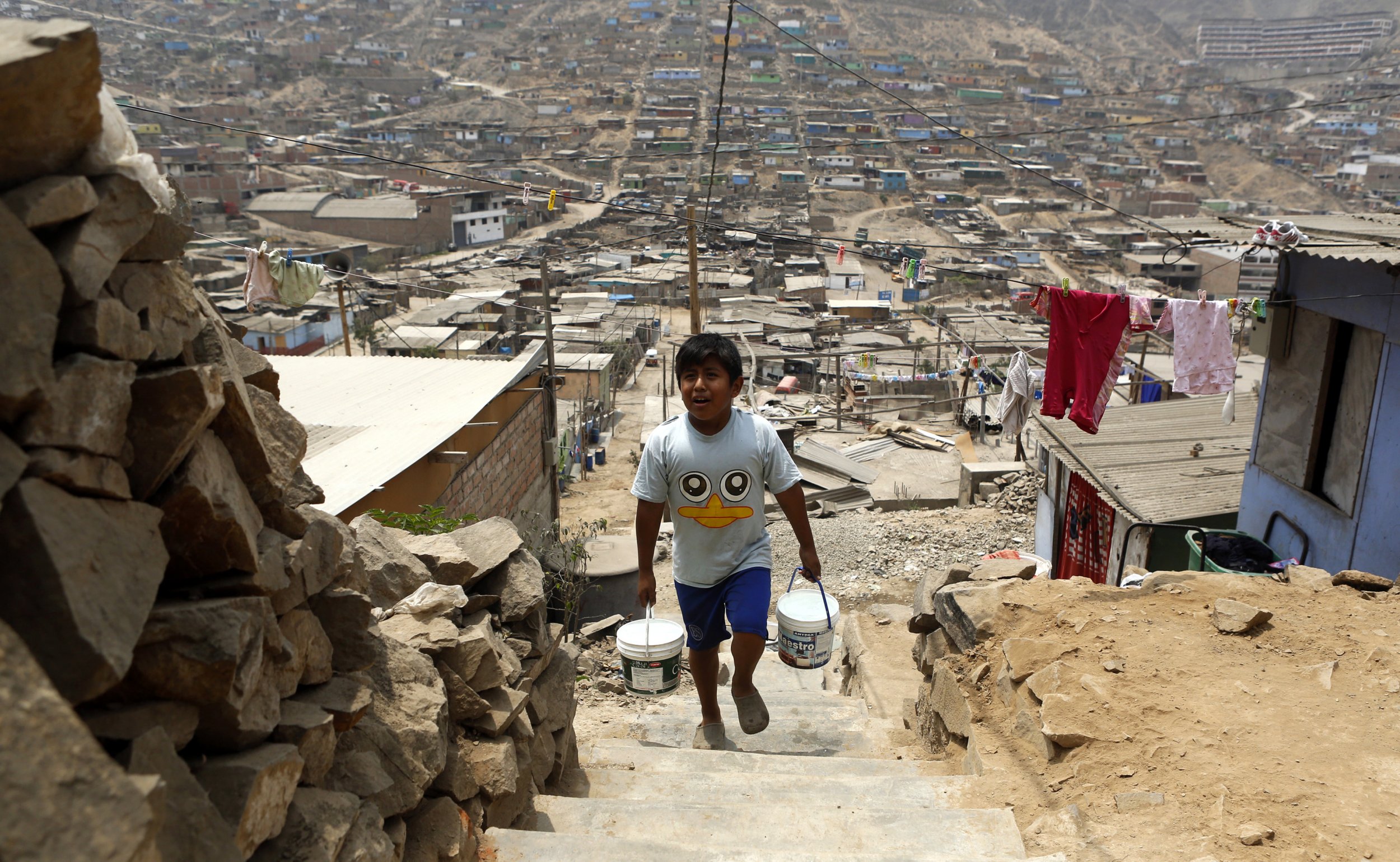
One of the world's driest cities is attempting to solve its water problems by reviving its ancient network of waterways. The Peruvian capital, Lima, is to restore pre-Inca aqueducts in the Andes mountains to service its population during the seven-month dry season.
The project, as reported by New Scientist, would see a series of disused stone canals, locally referred to as amunas, re-grouted with cement to collect surplus rainwater in the rainy season to be used for during the dry season when there is a substantial rainwater deficit.
The canals are believed to have been constructed in 508 AD before the Incas and their revival is set to cut the city's water deficit by 25.9 cubic meters of water, over half of the current 42 million cubic metre water deficit.
The purpose of the amunas is to prevent the water flowing downhill quickly, taking it sideways across the mountains and slowing its descent, allowing for it to be preserved and used weeks later. This strategy will allow Peruvians access to additional water during the dry season instead of it being lost as surplus in the wet season.
Anna Thiel, communications manager at Forest Trends, a U.S.-based NGO supporting the initiative, says that the restoration project will be much cheaper than alternatives because the infrastructure is already in place.
"The structures are there already, these waterways are there," she says. "The infrastructure is existing, all it needs is some improvement to the infrastructure. The other thing is the cost-effectiveness, it's very non-disruptive to the environment."
"It will be pretty significant. They are going to have more water available," she adds. "It just means there is a much more steady supply of water. It is not like other places where there is a deficit all year round."
The canal restoration is to be overseen by Lima's water company Sedapal and is set to cost $23m (£15.7m) "for restoration of the waterways but also the grasslands and the wetlands," Thiel notes.
Uncommon Knowledge
Newsweek is committed to challenging conventional wisdom and finding connections in the search for common ground.
Newsweek is committed to challenging conventional wisdom and finding connections in the search for common ground.
About the writer
Jack is International Security and Terrorism Correspondent for Newsweek.
Email: j.moore@newsweek.com
Encrypted email: jfxm@protonmail.com
Available on Whatsapp, Signal, Wickr, Telegram, Viber.
Twitter: @JFXM
Instagram: Read more
To read how Newsweek uses AI as a newsroom tool, Click here.








